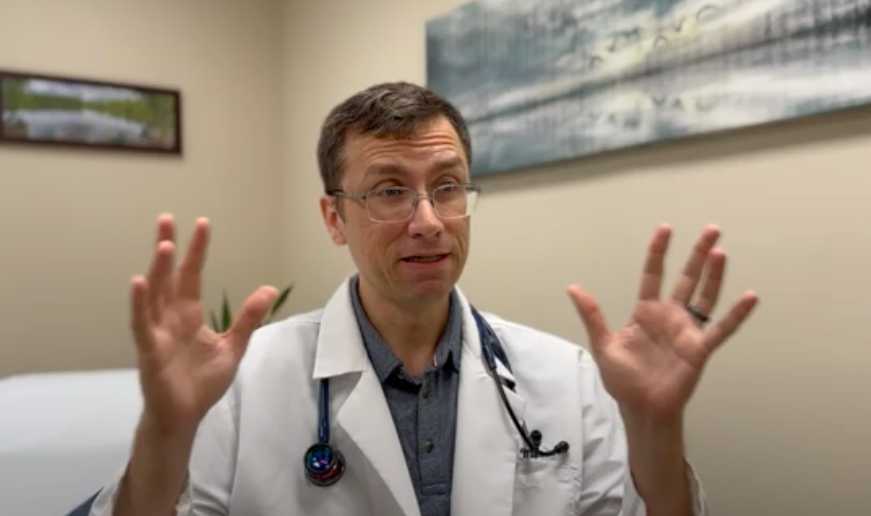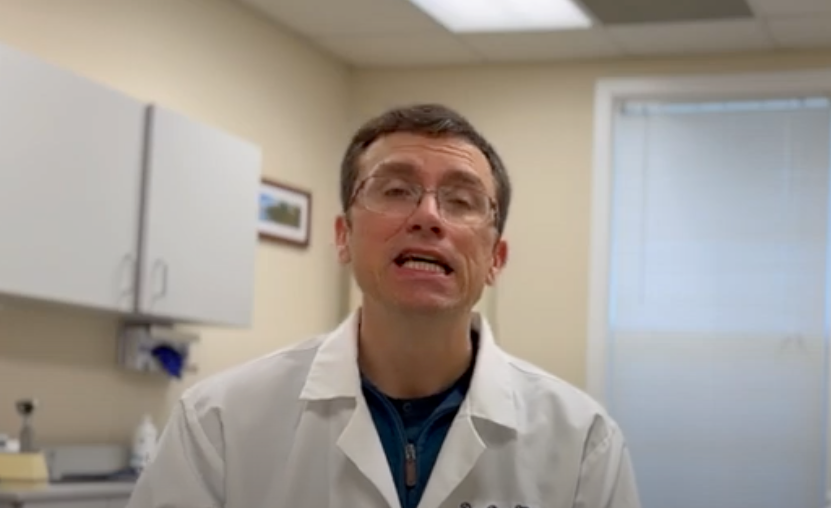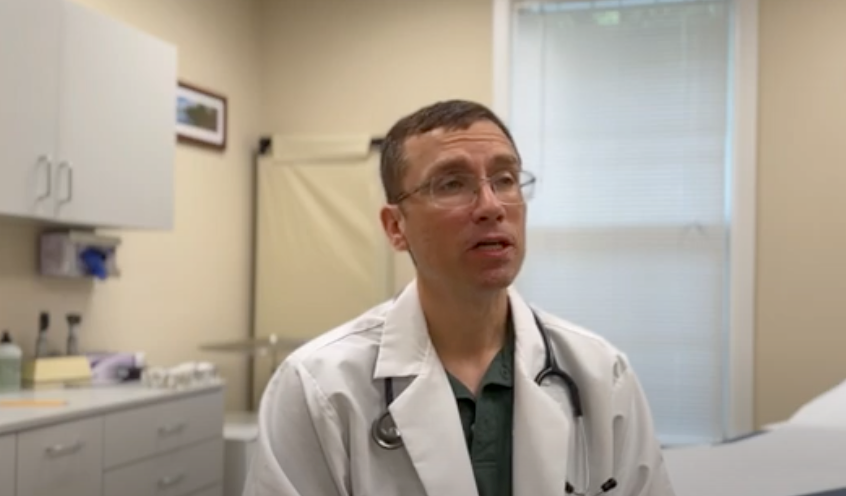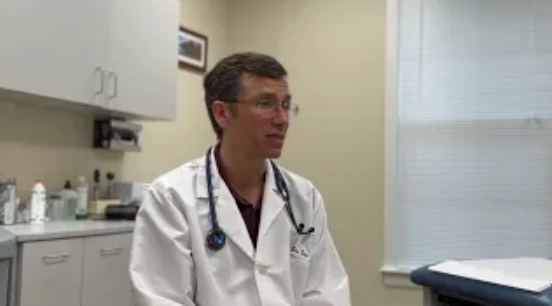What to do first if you get burned.
May 22, 2023
View this quick video to get a few quick tips.

Health Monitoring: Your primary care doctor does more than just treat sickness; they ensure your ongoing well-being. Regular check-ups help detect serious conditions like diabetes and high blood pressure. Chronic Illness Management: Chronic illnesses affect a significant portion of Americans, leading to disability and high healthcare costs. Conditions like diabetes, high blood pressure, and heart disease can be managed effectively with the help of a primary care physician. Medical Home Establishment: Having a primary care doctor means having a central point for healthcare needs, from acute illnesses to routine check-ups. It ensures continuity of care and allows for long-term health monitoring. Specialist Access: Primary care doctors facilitate access to specialists when needed, ensuring coordinated care and comprehensive treatment. Health Maintenance: Research suggests that individuals with primary care physicians tend to be healthier, adhering better to medications and receiving regular screenings like mammograms. Cost Reduction: Regular visits to a primary care doctor can lower overall healthcare costs by preventing serious illnesses and detecting conditions early, when they're more manageable. Health History Management: Your primary care doctor maintains a comprehensive record of your health history, facilitating referrals and ensuring specialists have necessary information. Reduced Hospital Visits: Regular primary care visits are associated with fewer hospitalizations and emergency room visits, as early intervention can prevent complications. Enhanced Communication: Effective communication between doctor and patient is crucial for understanding treatment plans and addressing concerns. Establishing a rapport with a primary care physician fosters ongoing dialogue and clarity in healthcare decisions. Routine Screenings: Annual check-ups include essential screenings for cholesterol, blood sugar, and organ function, helping to identify health issues early on.









